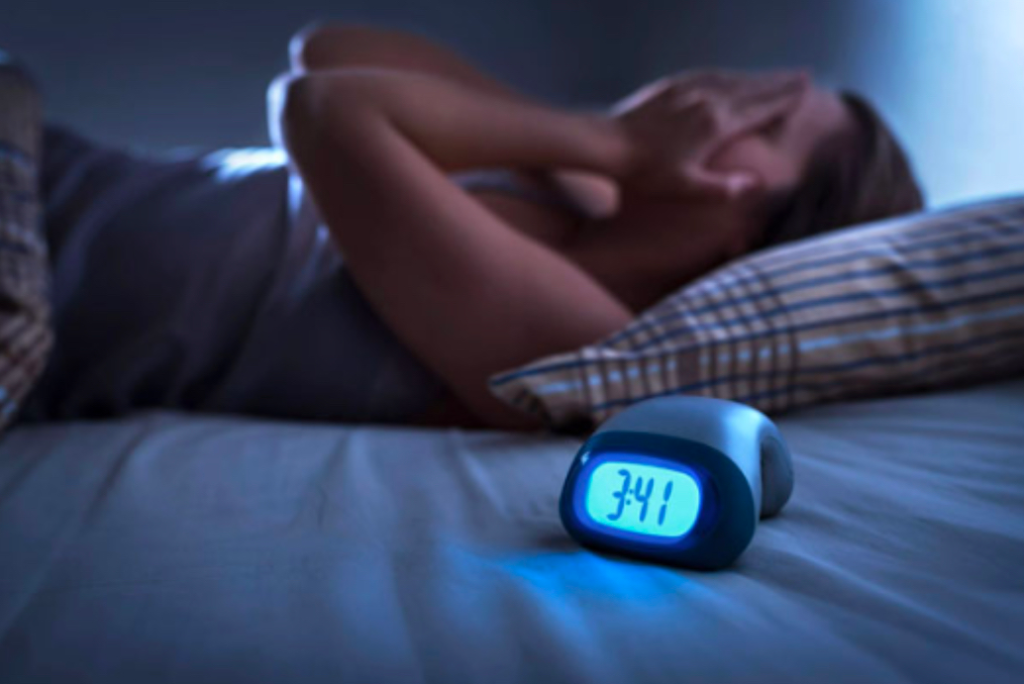Cortisol is a hormone that is released by the adrenal glands in response to stress. It has many important functions in the body, including regulating blood sugar levels, managing inflammation, and supporting the immune system.
However, when cortisol levels become imbalanced, it can have negative effects on our health, including our sleep. In this article, we’ll take a closer look at the relationship between cortisol and sleep, and what you can do to support healthy cortisol levels and better sleep.
How Cortisol Affects Sleep
Cortisol levels naturally fluctuate throughout the day, with the highest levels in the morning and the lowest at night. This pattern is known as the circadian rhythm, and it helps regulate our sleep-wake cycle. When cortisol levels are high, it can make it difficult to fall asleep and stay asleep. This is because cortisol is a stimulant that increases alertness and can interfere with the production of melatonin, a hormone that helps regulate sleep.
What the reasons of high cortisol are?
Stress is one of the most common causes of elevated cortisol levels. When we’re under stress, our bodies release cortisol to help us cope with the situation. However, if stress becomes chronic, cortisol levels can remain elevated for prolonged periods of time. This can lead to a variety of health problems, including insomnia and other sleep disturbances.
What does else affect?
In addition to stress, other factors that can affect cortisol levels and disrupt sleep include:
- Diet: Eating a diet high in sugar and processed foods can increase cortisol levels and disrupt sleep.
- Exercise: Intense exercise can temporarily increase cortisol levels, but regular exercise can help regulate cortisol levels and improve sleep quality.
- Caffeine: Consuming caffeine, especially late in the day, can interfere with the production of melatonin and disrupt sleep.
What is the solution?
How to Support Healthy Cortisol Levels and Better Sleep
If you’re struggling with sleep disturbances or suspect that your cortisol levels may be imbalanced, there are several steps you can take to support healthy cortisol levels and improve your sleep:
- Manage stress: Practice stress-reducing techniques such as meditation, deep breathing, or yoga to help lower cortisol levels and promote relaxation.
- Eat a balanced diet: Focus on eating whole, nutrient-dense foods and limit your intake of sugar and processed foods, which can increase cortisol levels.
- Get regular exercise: Aim for at least 30 minutes of moderate exercise most days of the week to help regulate cortisol levels and improve sleep quality.
- Limit caffeine: Avoid consuming caffeine late in the day, and limit your overall intake to no more than 400 mg per day (about 4 cups of coffee).
- Create a sleep-friendly environment: Keep your bedroom cool, dark, and quiet, and avoid using electronic devices before bed, which can interfere with melatonin production.
In conclusion, cortisol plays an important role in our health, but when cortisol levels become imbalanced, it can have negative effects on our sleep. By managing stress, eating a balanced diet, getting regular exercise, and creating a sleep-friendly environment, you can support healthy cortisol levels and improve the quality of your sleep.

